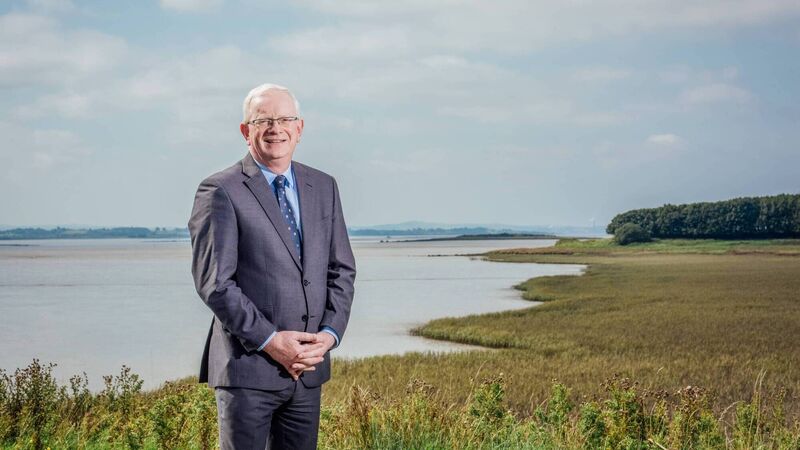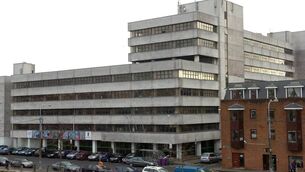'Inequalities' prevent TUs and ITs from building student accommodation, says new president

Professor Vincent Cunnane, the incoming president of Ireland’s third technological university, which is the result of the merger of Limerick IT and Athlone IT, and has campuses in Clonmel, Thurles and Ennis, as well as Limerick and Athlone. Photo: Brian Arthur
Distinct “inequalities” that limit the borrowing capacity of institutes of technologies (IOTs), and technological universities (TUs) and stop them from building their own student accommodation like ‘traditional’ universities must be addressed.
That’s according to Professor Vincent Cunnane, the incoming president of Ireland’s third technological university, the Technological University of the Shannon: Midlands Midwest (TUS).












